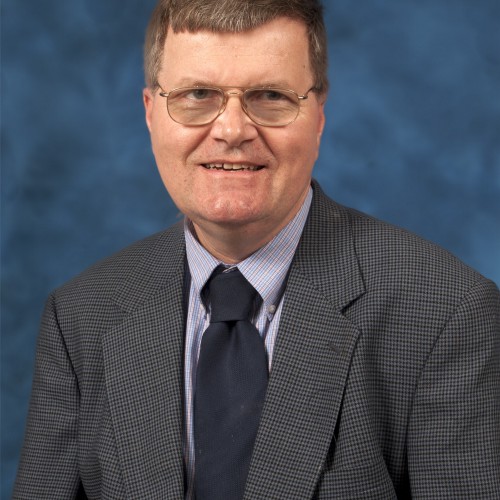Years ago, I officiated at a funeral for a deceased military service member. This man was Methodist by denominational affiliation. However, he was married to a Japanese woman and had lived outside the United States for many years. On the day of the funeral, I found myself at a Japanese crematorium along with a military honor guard and several Buddhist priests. This memorial service turned out to be a multi-faith event “,i.e., in this case an affirmation of this man’s affiliation with both Christianity and Buddhism.
Today, we find ourselves living in an ever-increasing pluralistic, varied religious landscape. There are areas in our major cities where you will find churches, synagogues, mosques, meditation centers, meeting houses, etc.
Families now can include members who are Christian, Jewish, Muslim, Buddhist, Mormon ( LDS ) Unitarian-Universalist, Quaker and can include the growing category of Nones (i.e. those who are not affiliated with any religion).
According to a recent article published in Scientific American:
“ In 2015, the Pew Research Center poll reported that 34 to 36 percent of millennials (those born after 1980) are nones. This was a dramatic increase from 2007 when only 16 percent of Americans said they were affiliated with no religion. In raw numbers, this translates to an increase from 36.8 million to 55.8 million nones. Though lagging far behind the 71 percent of Americans who identified as Christian in the Pew Poll, they are still a significant voting block, far larger than Jews ( 4.7 million ), Muslims ( 2.2 million) and Buddhists ( 1.7 million ) combined ( 8.6 million )and comparable to powerful Christians sects such as Evangelical ( 25.4 percent ) and Catholic ( 20.8 percent ). The Number of Americans with No Religious Affiliation Is Rising …https://www.scientificamerican.com/…/the-number-of-americans-with-no-religious-affilliation.
Given the diversity now visible in American religious life, what might a common ground spirituality look like ?
Diana Butler Bass in her book “ Grounded: Finding God In The World Of Spiritual Revolution “ writes:
“ All the world’s great faiths place compassion at the center of human life, an ideal that comes from the very being and character of faith, wisdom or God. The Buddha taught that nirvana could be achieved by meditating on loving-kindness, compassion, sympathetic joy, and fair- mindedness, the four qualities of unconditional love. In the Hebrew Bible, God is both gracious and compassionate, willing to both forgive and stand with wayward humankind. The biblical word for “compassion “ is derived from the Hebrew rechem, which means “ womb “, clearly likening the practice of feeling with others to the relationship between mother and child, while implying that all human relationships should be governed by the warmth of kinship. ‘ ( P. 258 )
More and more, different communities of faith, believers and non-believers are working together to address concerns of poverty, hunger, social and environmental injustice. Perhaps, the living out of one’s religious convictions can be witnessed by how the poor and the voiceless are treated.
Jesus said
“‘Truly I tell you, whatever you did for one of the least of these brothers and sisters of mine, you did for me “ ( Matthew 25; 40 )
Maybe, the truth reveals “ that the least of these “ is all of us.
Maybe, the good news is that all of us can further know compassion in our lives and experience the transformation of our lives through the presence of God or the divine, however known.
May it be so.


